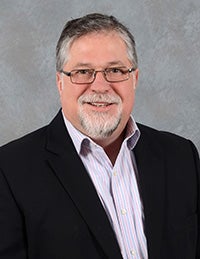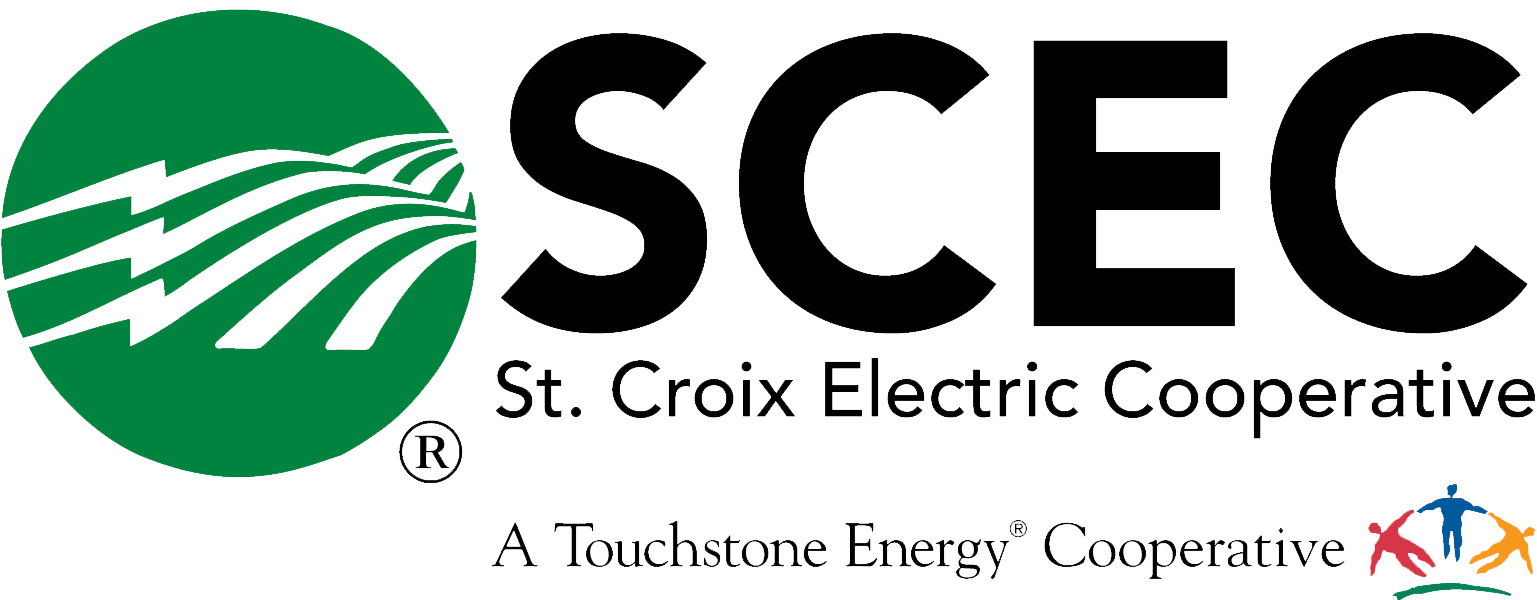
SCEC President/CEO
For years, “energy conservation” and “renewables” have been the focus of energy policy in Wisconsin (they still are). Two very prominent pieces of energy legislation in Wisconsin were 1993’s Wisconsin Act 414 and 1999’s Wisconsin Act 9. Both acts emphasized energy conservation and advocated for more renewable generation. But what were the true underlying goals to be achieved by the legislation? Did they want consumers to save money on their electric bills by using less energy? Did they want less climate change through carbon reduction? Did they want to promote renewable generation and reduce fossil fuel use? Or was it D) All of the above.
I remember the days when investor-owned utilities were encouraged/mandated to have “fuel switching” programs that replaced electric water heaters and other electrical appliances with natural gas ones. Now, some states are looking at banning natural gas appliances and are encouraging/incentivizing/mandating electric ones.
What changed? Why the 180-degree turnaround?
The short answer is more and more of our electricity is being generated by non-fossil fuel burning resources such as wind and solar. There have been huge strides in renewable technology efficiency gains and in the cost of these renewable generation resources that make them not only competitive but in many cases more cost-effective than the fossil fueled alternatives. That is not to say that fossil fueled generation doesn’t have its place. It is currently necessary for grid reliability and safety and has its place as a transition source, lest we want to experience the blackouts and brownouts of California during the transition.
So, with our energy policy history of using less electricity (conservation), why are we now encouraging people to switch to electrical appliances and promoting electric vehicles? Because the electricity we are now conserving is coming more and more from renewable, carbon free resources. This shift of encouraging the use of electricity from carbon free sources is called beneficial electrification. Charging an electric vehicle or powering your water heater with electricity from solar or wind generation eliminates the emissions from the gasoline powered vehicle or natural gas water heater.
What is St. Croix Electric Cooperative doing to promote beneficial electrification? We are currently reviewing all our programs to make sure we are providing the best value to our members and to encourage energy use that helps our members make wise energy decisions. We anticipate modifying some programs and implementing new programs to give you more options to match your energy use to your values. Whether that be purchasing all renewable energy, running appliances only during certain times of the day, or charging your water heaters, electric storage heaters or electric vehicles during certain hours convenient for you yet beneficial to the electrical grid. We are also looking at options for additional renewable generation for our members who may want more renewable energy but may not have the space or financial means to implement distributed generation at their premises.
What can members do? Look for ways to choose beneficial electrification in the future. The successful transition to a clean energy future will require substantial reliance on efficient electric technologies like electric vehicles and advanced electric water heating, including heat pumps or grid-interactive resistance water heaters, powered by an increasingly cleaner and more flexible electric system.
As your trusted and reliable energy provider we are here to provide you with safe, reliable and cost effective energy options and to share the latest ways to save energy.
Stay warm with your beneficial electrification!
